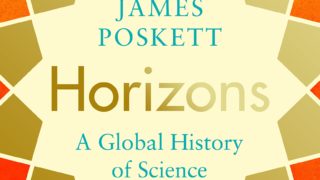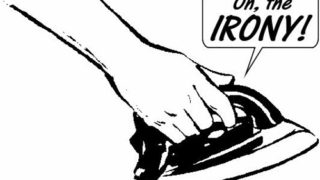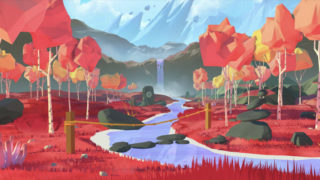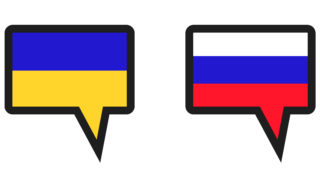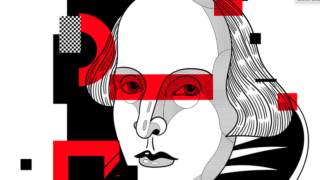
We taught an AI to impersonate Shakespeare and Oscar Wilde – here’s what it revealed about sentience
Nay, nay, I say! This cannot be, That machines should e’er surpass our art. We are the masters, them the slaves, And thus it ever shall be so! They learn, ‘tis true, but they learn Only what we bid them learn, no more. They cannot understand the heart Or beauty of our words, you see […]
